Hartlepool councillor speaks out on his battle with bipolar disorder
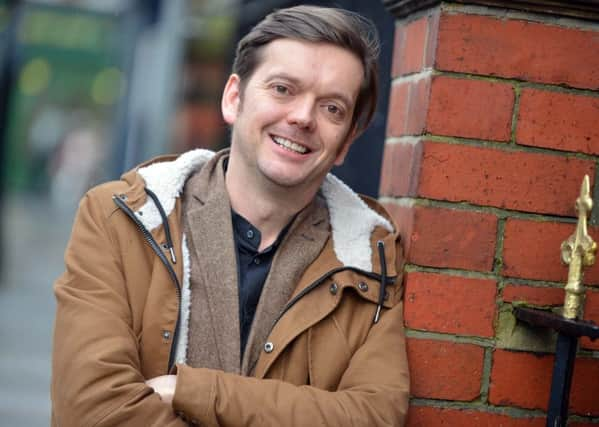

Councillor David Riddle, who represents Hart ward, spoke out about his experience in a bid to raise awareness of mental health and to help break down the stigma around it.
Coun Riddle, 40, revealed he was diagnosed with bipolar – a condition characterized by extreme high and low mood swings – at the last Hartlepool full council meeting.
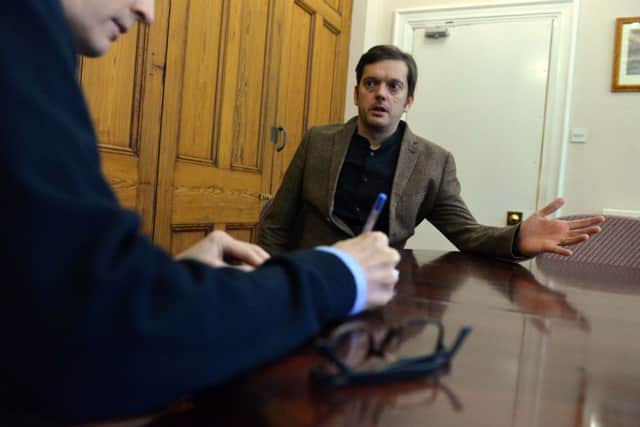

Advertisement
Hide AdAdvertisement
Hide AdSpeaking to the Mail, he told of his treatment to control the condition and how he fears cuts in mental health funding mean other people may not get the support he did.
Coun Riddle was diagnosed about six years ago.
He said: “I was going through quite a low period in my life and seemed like something more than just feeling a bit down.
“You go from feeling like you can take the world on one day and not willing to get out of bed the next.
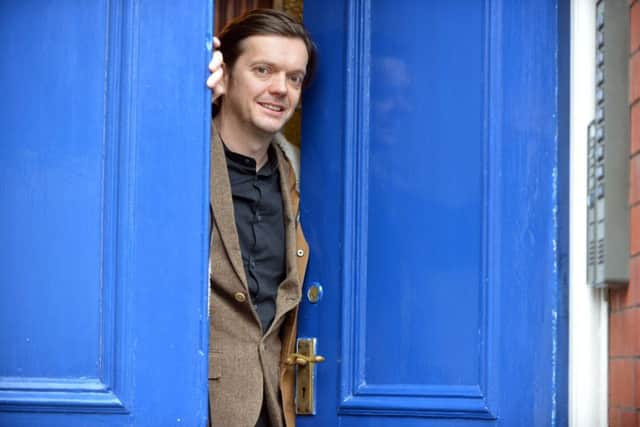

“I thought everyone was like that.”
He was referred by his GP to psychiatrists in Hartlepool who diagnosed bipolar, and begun a three-month course of treatment.
Advertisement
Hide AdAdvertisement
Hide AdThat included cognitive behavioural therapy to get anxieties off his chest and a course of medication.
Coun Riddle takes two different medications every day to help keep his mood balanced.
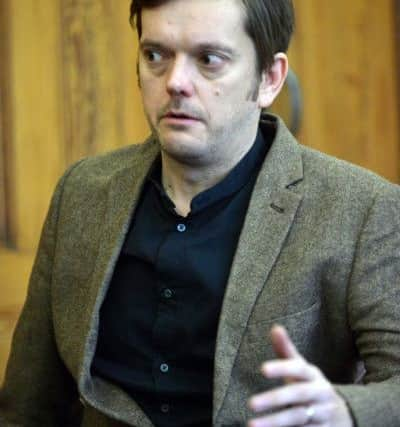

He made his admission in front of fellow councillors as the council announced it is to carry out a review of mental health services in Hartlepool starting later this year.
He said: “The reaction I got was very positive from councillors of all political parties contacting me via email or who spoke to me after the meeting.
Advertisement
Hide AdAdvertisement
Hide Ad“The reason I disclosed it publicly was to hopefully in some small way break down that stigma.
“I think parts of the media can often portray mental health negatively in an exaggerated, over the top manner.
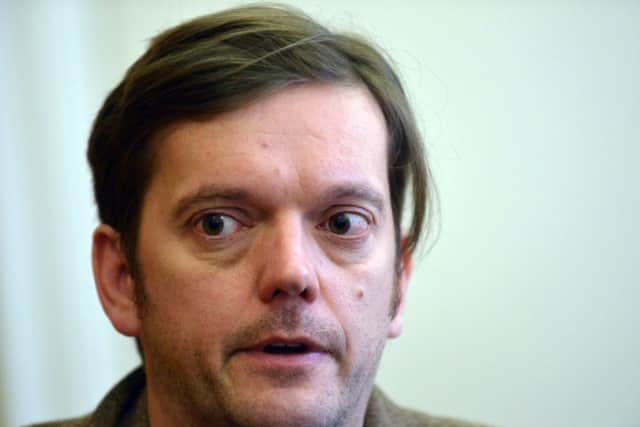

“I know funding isn’t what it was. When I was diagnosed I saw people quickly and regularly.
“I had a lot of support from professionals and organisations.”
Advertisement
Hide AdAdvertisement
Hide AdCoun Riddle, who works as a teacher said he had first hand experience where some mental health providers, not Hartlepool, will not respond quickly to young people in need unless it is an emergency.
“I see a lot of teenagers that self harm, have eating disorders and anxiety issues,” he said.
“I know the difficulty is getting on treatment programmes because the waiting lists are weeks or months.”
Regarding the upcoming Hartlepool council review, he added: “If it reveals one thing that can help one extra person then it will have been worthwhile.”


Advertisement
Hide AdAdvertisement
Hide AdCoun Riddle added he has been helped by the support of his family.
“I was quite lucky in my treatment and having the support of family.
“Other people don’t, they are the ones who need these services even more and unfortunately I think they are the ones I think are slipping through the net.”
Coun Riddle urged anyone with mental health difficulties not to feel ashamed about seeking help.
Advertisement
Hide AdAdvertisement
Hide Ad“Particularly with men I think there is a stigma where men bottle it up and don’t reach out to anyone or convey their emotions.
“There’s no shame to get the help you need. If you break a leg you get it treated.
“If you have a mental health issue the same should apply.”
How to get help:
You can visit Hartlepool and Stockton Clinical Commissioning Group’s WE CAN TALK website for information on local services.
Advertisement
Hide AdAdvertisement
Hide AdVisit wecantalk.orgIf you want to talk to someone right away call 0345 045 0620 for details of the organisations that can best offer you support.
People can also contact Hartlepool and East Durham Mind at Crown Buildings, Tees Street, Hartlepool on (01429) 269303.
* Bipolar disorder, formerly known as manic depression, is a condition that affects people’s moods, which can swing from one extreme to another.
* Unlike simple mood swings, each extreme episode of bipolar disorder can last for several weeks (or even longer), and some people may not experience a “normal” mood very often.
Advertisement
Hide AdAdvertisement
Hide Ad* The exact cause of bipolar disorder is unknown, although it’s believed a number of things can trigger an episode. Extreme stress, overwhelming problems and life-changing events are thought to contribute, as well as genetic and chemical factors.
* Bipolar disorder is fairly common and one in every 100 adults will be diagnosed with the condition at some point in their life.